Nurturing young minds in agriculture
In the tranquil surroundings of Mysuru, specifically at Nypunya School of Excellence in R.T. Nagar, an innovative approach to education has emerged. This school strives for excellence in education, taking a significant step towards achieving this goal through its ICSE Curriculum School for Skills from I to X standard.
One distinctive feature of this school is integration of agriculture into academic curriculum, alongside traditional subjects like mathematics, science, social science and languages. Practical application is emphasised in various subjects. For instance, botany is not only studied theoretically in classroom but also practically in school’s yard, where students learn about plant growth first-hand. The school encourages hands-on experiences such as transplanting paddy by hand.
In collaboration with ‘Little Plants of India,’ Nypunya School has implemented a year-round educational programme on agriculture and horticulture. A dedicated period each week is allocated to practical agriculture for each class, allowing students to actively participate in growing a variety of crops like beans, radish, tomato, chilli, cabbage, beetroot, banana, millet, paddy, groundnut, sugarcane, sunflower, soybean and sorghum.
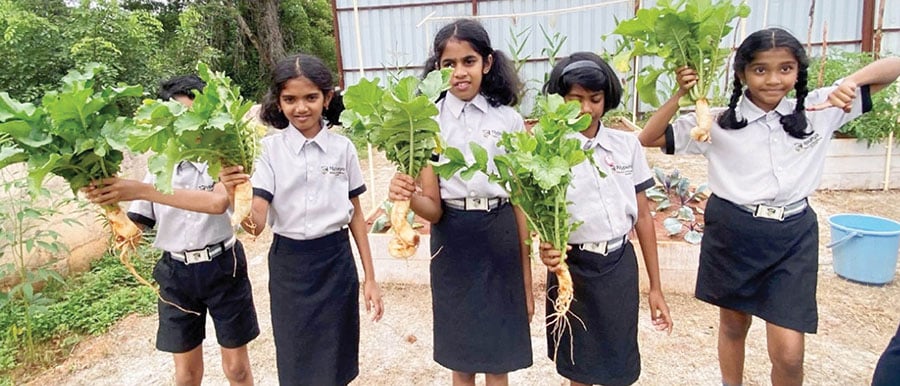
The students play a crucial role throughout the farming process, from sowing seeds to harvesting crops, fostering a deep connection with the land and an understanding of the hard work behind food production. This agricultural involvement contributes to the holistic development of students — physically, mentally, and academically.
Nypunya School’s pioneering effort extends beyond the typical school garden model. Teachers with Master’s degrees in agriculture or horticulture are appointed to ensure a comprehensive and practical approach to agricultural education. This makes Nypunya School a pioneer in integrating agriculture into the curriculum.
The school’s commitment to holistic education is further evidenced by inclusion of topics like organic manure, microgreens, the role of earthworms, hydroponics, silkworm rearing and importance of soil. This approach not only imparts knowledge but also instils compassion for nature and its life forms.
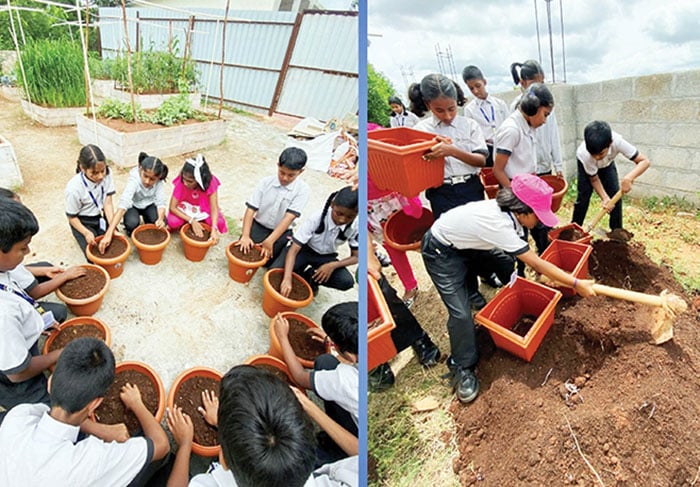
R. Raghu, Chairman of Nypunya School, says, “The life of the ‘son of the soil’ unfolds as a genuine struggle. Regrettably, many children remain unfamiliar with the selfless dedication farmers exhibit towards our mother earth. When children actively engage in agriculture, they gain profound insights into the strenuous efforts and invaluable service rendered by farmers — the true custodians of the land.”
It is imperative to introduce agriculture to students at primary school level, encouraging them to cultivate crops with their own hands. This early exposure lays the groundwork for a future generation that not only comprehends intricacies of agriculture but also nurtures a lasting interest in the field, he says.
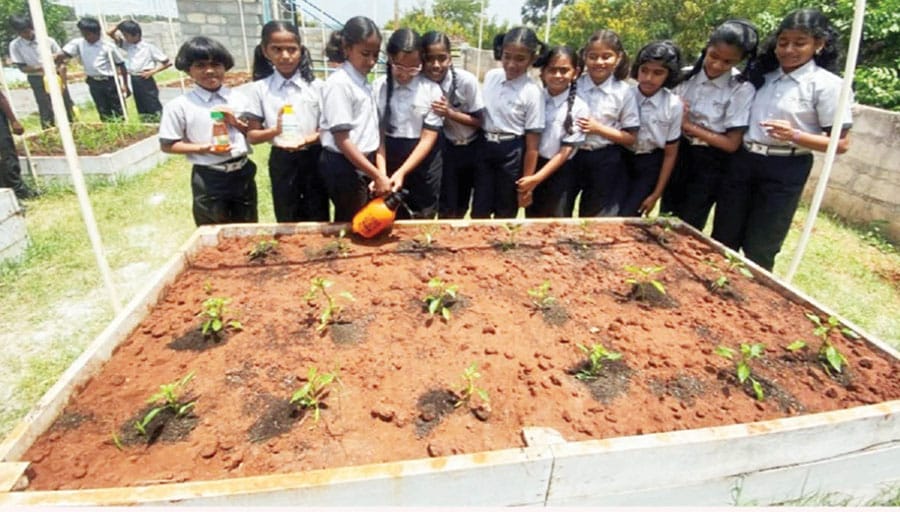
Fostering a connection between children and agriculture not only imparts crucial skills but also instils respect and understanding for the farmers who sustain us. By addressing the gap in primary education and broadening perspectives on career choices, we can cultivate a generation that appreciates, values and actively participates in the advancement of agriculture as a vital industry.” —R. Raghu, Chairman, Nypunya School of Excellence
The path to progress in agriculture as an industry needs to be charted today. Unfortunately, the oversight of not introducing agricultural activities to children at the primary school level has been a significant hindrance to the growth of agriculture as a thriving industry.” — Dr. C.A. Deepak, Rice Breeding Scientist



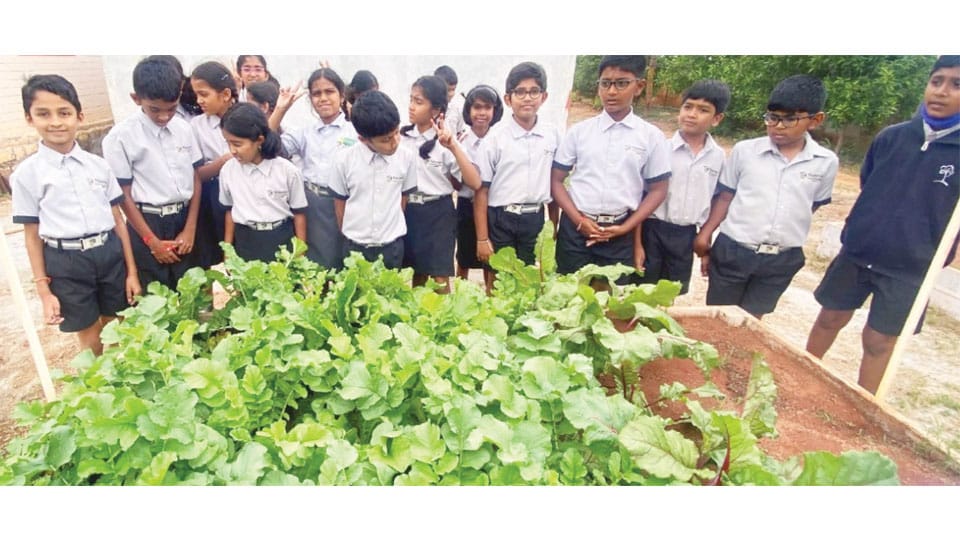

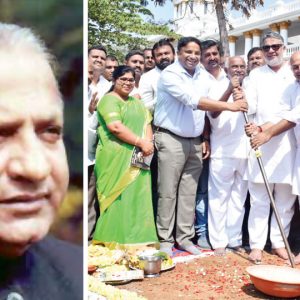
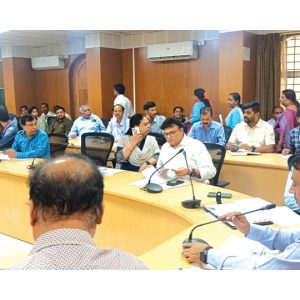
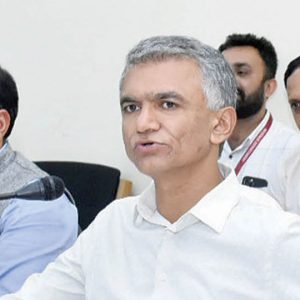
Recent Comments